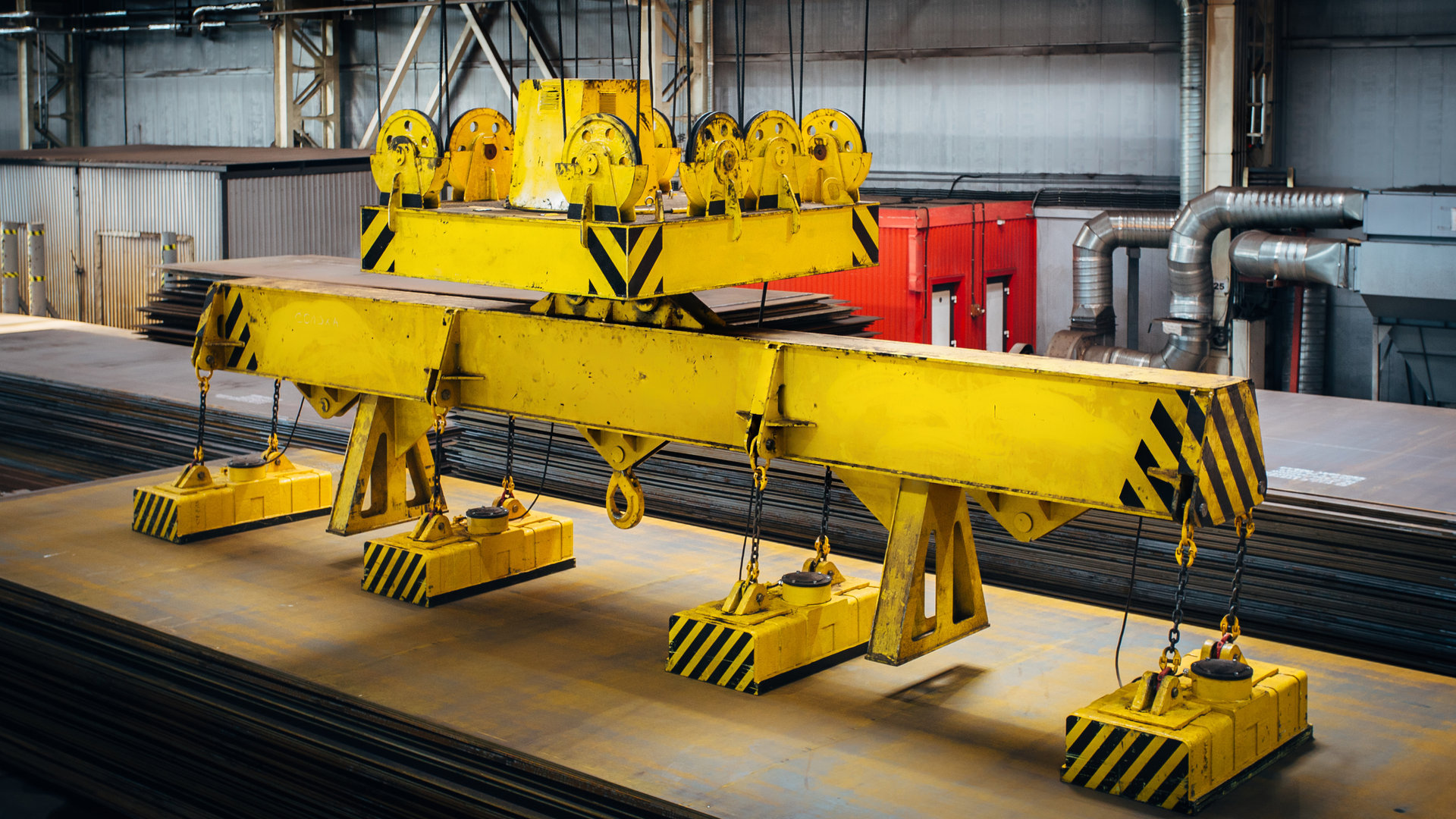Gauss is a term many in the industrial magnet field are familiar with. Essentially, the Gauss is one of the units we use to measure magnetic induction, or magnetic flux density. It is named for Carl Friedrich Gauss, a German mathematician and physicist who first measured magnetism.
HOW DO YOU MEASURE GAUSS STRENGTH?
The Gauss strength of an industrial magnet is measured with a Gauss meter. Unlike a pull strength test, which typically utilizes a steel surface connected to the magnet’s surface and then ‘pulled’ by an operator until it separates from the magnet, a gauss meter probe is placed on the magnet and then moved toward the high-strength pole until the meter determines the peak high Gauss. As there are many factors that can change a Gauss reading, including temperature and electronic devices nearby the magnet being tested, it is important to ensure the operator is familiar with how Gauss strength testing works and how it can be affected by outside factors in order for you to receive the most accurate results. At Innovative Magnetic Technologies, we know exactly how to obtain these results. As time can affect the strength of magnets, it’s a good idea to test aging magnets to ensure they are still performing optimally. Contact us today to arrange Gauss testing or any other servicing your magnetic equipment may require.
GAUSS VS TESLA
Both Gauss and Tesla are units used to measure magnetic induction. The only difference is Gauss is in the CGS system (Centimetre, Gram, and Second), also called the Gaussian system, and the Tesla is a unit in the SI system (International System of Units). The GCS system is a family of 3-dimensional unit systems whereas SI is a 7-dimensional system.
Gauss and Tesla are easily converted between each other:
1 Tesla = 10,000 Gauss
1 Gauss = 0.0001 Tesla
To summarize, Gauss and Tesla are both magnetic induction units that are directly proportionate to each other. They just exist in different measurement systems.
WHAT STRENGTH DO YOU NEED?
Different magnets have different applications, and the “strongest” magnet isn’t always the most appropriate, depending on the application. Neodymium magnets tend to have very high strength values but may not be the best fit for your needs. At Innovative Magnetic Technologies, our experts will fully evaluate your needs and recommend an industrial magnet product that is right for you – and may not necessarily be based on strength alone. While a neodymium magnet has exceptional strength and coercivity, ceramic magnets may be the choice for operations where higher temperatures are the norm, as ceramic (or ferric) magnets perform much better under high-temperature conditions. Conversely, if your machinery is under a lot of stress and flexes frequently during operation, neodymium may be a better option as ceramic is quite brittle.
There are many factors to consider when choosing magnets. Call IMT today, and we will fully evaluate your needs, your space, and every other condition that will affect your magnetic equipment to ensure you get the product that will work best for your specific application.

